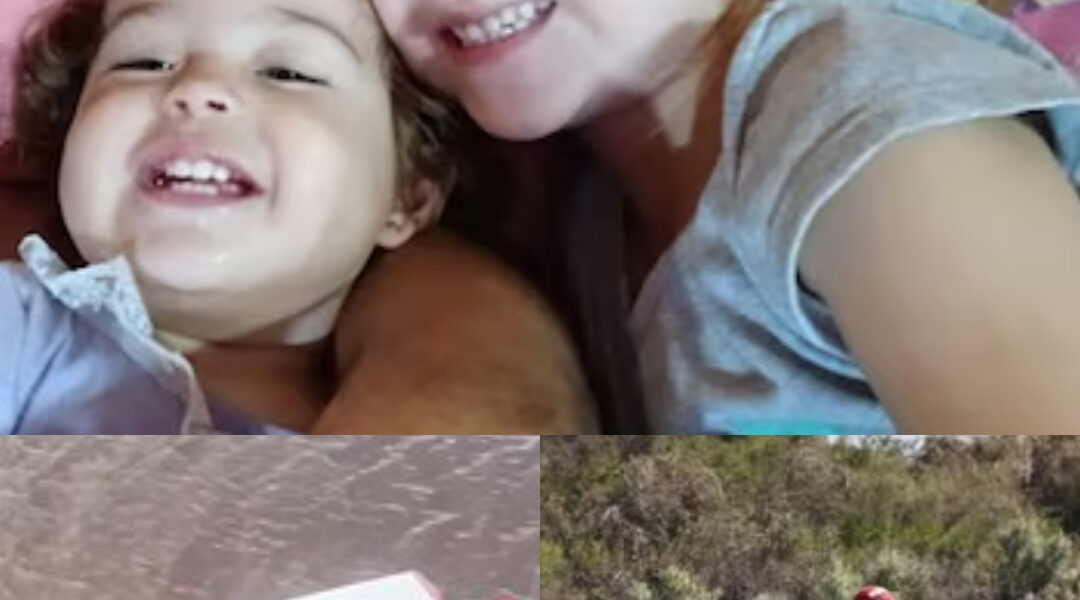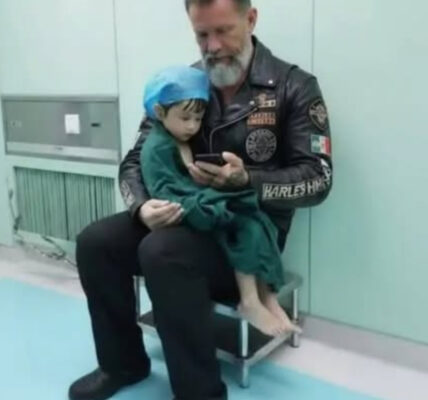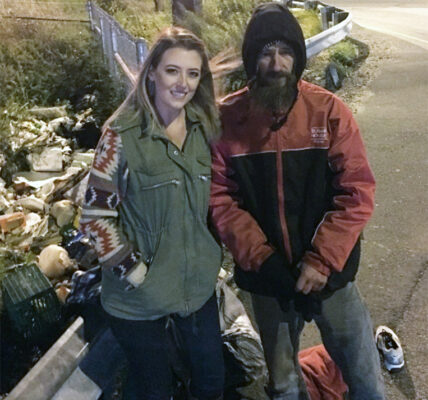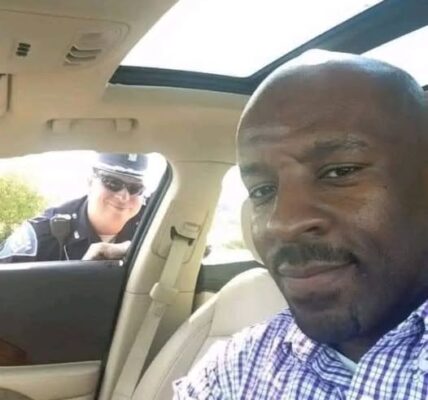The night the storm came to Bahía Blanca, Argentina, the rain didn’t just fall — it roared. Streets turned into rivers, homes into islands. And in the chaos of that merciless storm, one family tried desperately to find safety.
Andrés and Marina Hecker packed what little they could, bundling their two daughters — five-year-old Pilar and one-year-old Delfina — into the car. The water was rising fast, slapping against the tires as lightning cracked across the sky. The family’s only thought was to reach higher ground. But nature had already made other plans.
Within minutes, the road became a torrent. The car stalled, water surging around it. Panic set in as waves slammed against the doors. Just when it seemed all hope was lost, a man appeared — a civilian who had stopped to help, risking his life for strangers in need. He urged them into his van, promising they’d be safer there.
They climbed aboard, soaked and trembling, clutching their children close. But the current was relentless. A wall of water surged down the street, lifting the van like a toy and sweeping it away. In the chaos and screaming wind, everything went black.

When the rescuers found them, Andrés and Marina were barely conscious — alive, but shattered. The man who had tried to save them did not survive. And their daughters, Pilar and Delfina, were gone — carried off by the floodwaters into the vast, raging dark.
Days turned into weeks of searching. Volunteers combed the flooded plains, the coast, the riverbanks. Every discovery brought dread and hope intertwined. On April 6th, near the coast of Puerto Belgrano, they found Pilar. Her small body had journeyed far from where she was last seen, as if the sea itself had tried to bring her home. Later that month, Delfina was found too — the baby who had never even learned to speak, reunited with her sister in eternity.

There are no words large enough to contain the sorrow of two tiny coffins, of parents who must live with a silence that echoes louder than any storm. Yet, even amid the grief, there are glimmers of humanity — the memory of the man who stopped to help, whose courage became his final act of love.
In Bahía Blanca, neighbors gather now to remember. They light candles and lay flowers by the water’s edge. They speak the children’s names softly — Pilar and Delfina — so the wind can carry them. And they remember the man who stood against the flood, not as a hero of headlines, but as a human being who chose compassion in a moment of fear.

The storm took much that night — lives, laughter, the fragile sense of safety that families carry. But it also revealed something unbreakable: love. A father and mother who refused to stop searching. A stranger who gave everything to save them. And two little sisters, gone too soon, whose brief lives will forever be remembered with tenderness.
Because love, like water, never truly disappears. It moves, it changes form, but it always finds its way back — in the tears, the prayers, and the stories told under gentler skies.




